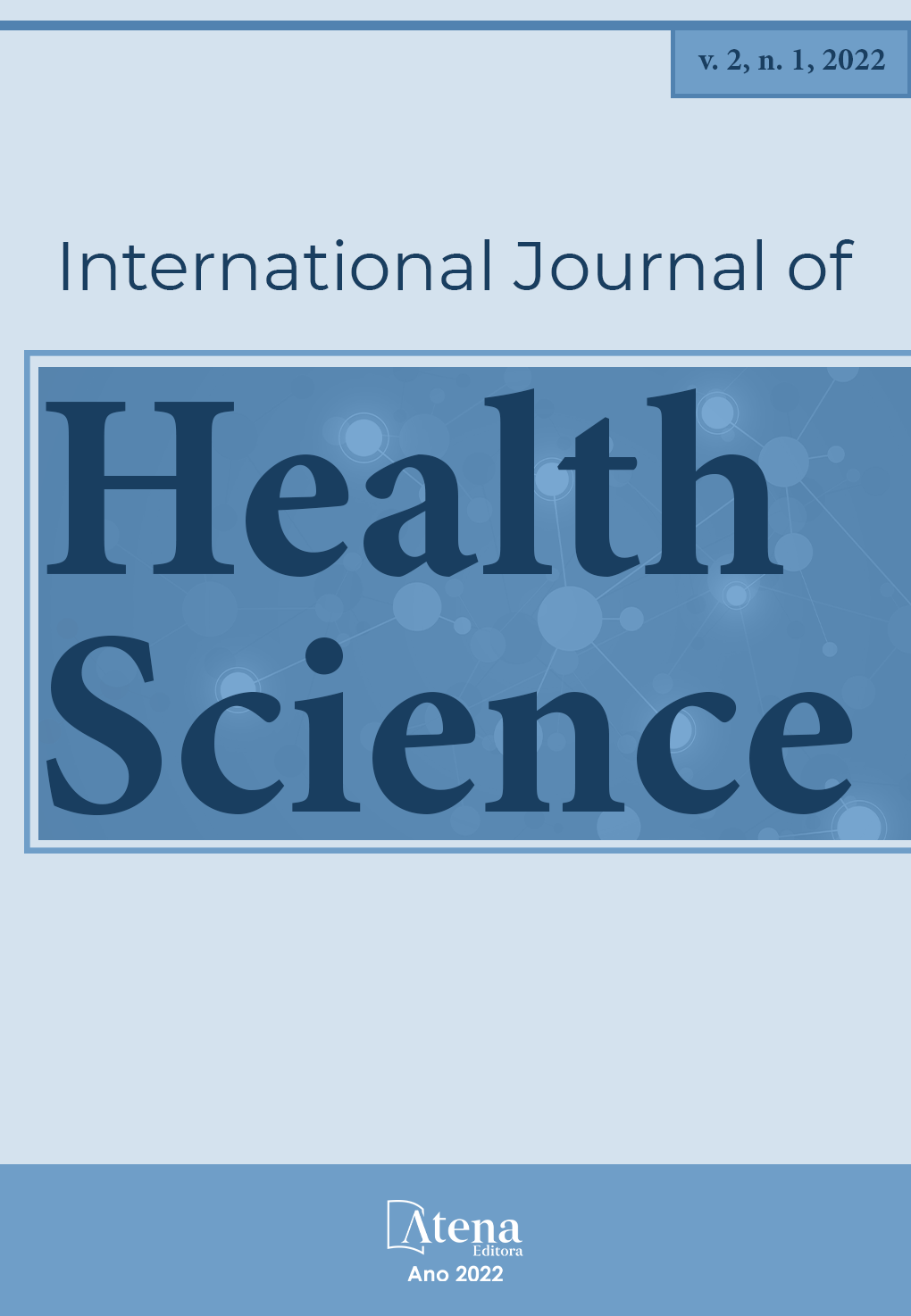
Cannabidiol in the treatment of Refractory Overactive Bladder: cases report
This observational study evaluated the effect of Cannabidiol Oil with 0.3% Tetrahydrocannabinol: Full Spectrum that is sublingual, in the symptoms of patients diagnosed with Refractory Overactive Bladder Syndrome. Patients were clinically evaluated and with a validated questionnaire for Portuguese language before and 4 weeks after treatment. The drug dosage was 0.25 mL/day (12.5 mg/day) in the first week, 0.50 mL/day (25 mg/day) in the second, 0.75 mL/day (37.5 mg/day) in the third and 1st week. ml (50 mg/day) in the fourth week (given in the evening, single dose). The study included nine patients who were already in clinical follow-up and received first-line treatment for Overactive Bladder Syndrome with partial or no response (drug and behavioral treatment). The data obtained using the questionnaire showed a significant improvement in all patients (more than 50% reduction in nocturia episodes). Adverse effects were mild and affected only two patients.
Cannabidiol in the treatment of Refractory Overactive Bladder: cases report
-
DOI: 10.22533/at.ed.159212210013
-
Palavras-chave: Bexiga Urinária Hiperativa; Canabidiol; Incontinência Urinaria de Urgência; Noctúria
-
Keywords: Overactive urinary bladder, Cannabidiol, Urge urinary incontinence, Nocturia
-
Abstract:
This observational study evaluated the effect of Cannabidiol Oil with 0.3% Tetrahydrocannabinol: Full Spectrum that is sublingual, in the symptoms of patients diagnosed with Refractory Overactive Bladder Syndrome. Patients were clinically evaluated and with a validated questionnaire for Portuguese language before and 4 weeks after treatment. The drug dosage was 0.25 mL/day (12.5 mg/day) in the first week, 0.50 mL/day (25 mg/day) in the second, 0.75 mL/day (37.5 mg/day) in the third and 1st week. ml (50 mg/day) in the fourth week (given in the evening, single dose). The study included nine patients who were already in clinical follow-up and received first-line treatment for Overactive Bladder Syndrome with partial or no response (drug and behavioral treatment). The data obtained using the questionnaire showed a significant improvement in all patients (more than 50% reduction in nocturia episodes). Adverse effects were mild and affected only two patients.
-
Número de páginas: 9
- Carlos Eduardo Czeresnia
- Christina Morotomi Funatsu Coelho
- Miriam Dambros Lorenzetti
- Tatyanny Paula Pinto da Costa Santos Fucci
- Rubens Pitliuk


